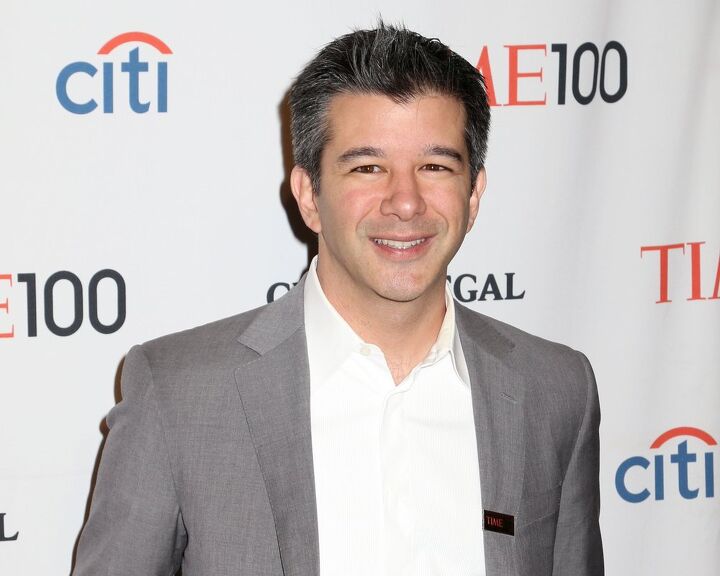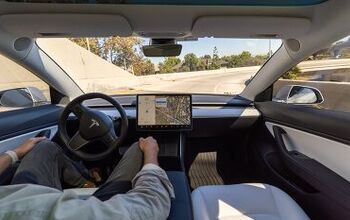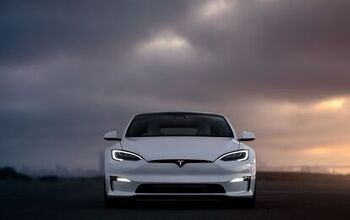Uber Founder Kalanick Vacates Company's Board

Uber Technologies co-founder Travis Kalanick is leaving the company’s board to focus on his new business endeavors in other industries. The company made an announcement on Tuesday, with Kalanick expressing a need to move on.
“Uber has been a part of my life for the past 10 years. At the close of the decade, and with the company now public, it seems like the right moment for me to focus on my current business and philanthropic pursuits. I’m proud of all that Uber has achieved, and I will continue to cheer for its future from the sidelines. I want to thank the board, Dara [Khosrowshahi] and the entire Uber team for everything they have done to further the Uber mission,” Kalanick said in a statement.
Stepping down as CEO in 2017 after a series of wholly unnecessary scandals ( sometimes with Travis at the center), Kalanick stopped managing the company’s daily business. Uber then embarked on an effort to improve its corporate governance, with its better-known founder (apologies to Garrett Camp) being pushed into the shadows. Pressure from investors became overwhelming after he was caught on video arguing with a driver over the company’s pay structure in a period where Uber’s corporate culture was already broadly presumed to be toxic. He was replaced with Khosrowshahi about a month later.
“I love Uber more than anything in the world and at this difficult moment in my personal life I have accepted the investors request to step aside so that Uber can go back to building rather than be distracted with another fight,” Kalanick said in a statement from 2017.
According to the Bloomberg Billionaires Index, Kalanick has been aggressively offloading shares in the company since November. As of December 16th, his remaining stake represented roughly one-fifth of his $3 billion fortune. Subsequent business plans likely involve giving more attention to a startup that provides short-notice kitchen space to restaurants interested in expanding their food-delivery services — possibly via Uber Eats. His last official day as a board member will be December 31st.
“Very few entrepreneurs have built something as profound as Travis Kalanick did with Uber. I’m enormously grateful for Travis’ vision and tenacity while building Uber, and for his expertise as a board member. Everyone at Uber wishes him all the best,” said Khosrowshahi.
[Image: JStone/Shutterstock]

A staunch consumer advocate tracking industry trends and regulation. Before joining TTAC, Matt spent a decade working for marketing and research firms based in NYC. Clients included several of the world’s largest automakers, global tire brands, and aftermarket part suppliers. Dissatisfied with the corporate world and resentful of having to wear suits everyday, he pivoted to writing about cars. Since then, that man has become an ardent supporter of the right-to-repair movement, been interviewed on the auto industry by national radio broadcasts, driven more rental cars than anyone ever should, participated in amateur rallying events, and received the requisite minimum training as sanctioned by the SCCA. Handy with a wrench, Matt grew up surrounded by Detroit auto workers and managed to get a pizza delivery job before he was legally eligible. He later found himself driving box trucks through Manhattan, guaranteeing future sympathy for actual truckers. He continues to conduct research pertaining to the automotive sector as an independent contractor and has since moved back to his native Michigan, closer to where the cars are born. A contrarian, Matt claims to prefer understeer — stating that front and all-wheel drive vehicles cater best to his driving style.
More by Matt Posky
Latest Car Reviews
Read moreLatest Product Reviews
Read moreRecent Comments
- AZFelix I shall fully endorse the use of autonomous cars on public roads once they have successfully completed my proposed Turing test for self driving vehicles. This test requires the successful completion of an at fault incident and accident free 24/7 driving session in Buffalo and upstate New York from October 1st until March 31st, and throughout the city of Jakarta, Indonesia for one consecutive year. Only Level 1 and Level 5 vehicles are permissible.
- Lou_BC I'd go Rav4. No Mazda dealer in my town and from what I've seen, Mazda's tend to rust.
- Steve Jacobs I've got a bright Red Kia EV6. Easy to find in a parking lot.
- MKizzy Gently used EV6's under $30K aren't hard to find and have the range and style to almost intrigue me into taking the EV plunge. However, I'll wait for a mid-sized non-luxury EV sedan or wagon which is not a tablet housing a car (Model 3) or sacrifices too much usable space for the sake of style (Ioniq 6) before I go electric. I'm not holding my breath.
- Arthur Dailey Am currently comparing both vehicles. Some issues not addressed in the article 1) the wait times for most RAV4's are currently considerably longer, 2) RAV4's are among the most stolen vehicles in my area (the GTA), 3) Mazda has a superior warranty. Manufacturing locations are perhaps a toss up. For the majority of these vehicles sold in the Canadian market from what I can ascertain, CX-5's are manufactured in Japan, and RAV4's in Alliston Ontario. One area where I will disagree with Matt is in the upholstery. I far prefer cloth to leather. With grandchildren and a dog, there is far more chance that the leather will be cut or scratched. And leather, particularly in black is too hot in the summer and very cold when you first sit on it during a Canadian winter. Cloth is the winner in that competition, but still an inferior choice to rich 1970's style velour upholstery.


































Comments
Join the conversation
don't let the door hit you on the @$$ on the way out buddy.
Pickup trucks and large SUV's should have the same fuel economy requirements as cars as often times the are used as family cars. Getting 17 miles a gallon is very wasteful unless you are using the truck for work purpose. There is no question that pick up trucks are very versatile but if we all drove vehicles averaging 17 miles per gallon, then we will be back to 1970 where the USA was at mercy of OPEC. Also the the elephant (pickup) in the room is the issue of global warming.